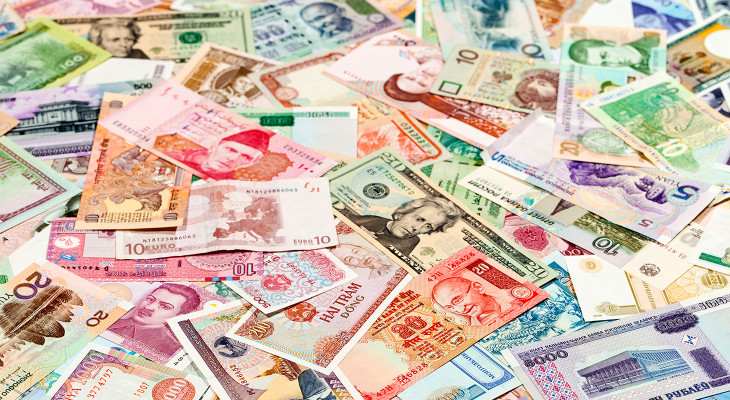
India’s Cash Crunch Means Lower Gold Sales
India Suspends Rupee Exchange Program
The Indian government has flip-flopped and reversed its announced Rupee exchange policy. When Prime Minister Modi announced the demonetization of 500 and 1000 rupee notes in early November, he assured the nation that Indian citizens could be able to exchange their no longer legal tender rupees for new legal tender notes for a period of sixty days
That changed last week.
The Indian government announced that it was suspending its rupee exchange program and that rupees could no longer be exchanged at banks and post offices. Exchanges could only be made at the Royal Bank of India. The move means that Indians will now have to deposit their rupees in their bank accounts in order to retain their value or open bank accounts for which to deposit them. Given that less than half of Indians have bank accounts (the percentage of Indians with bank accounts in rural India is even lower) there will be a mad dash to deposit rupees in banks. To date it has been reported that only 60% of the outstanding 500 and 100 rupee notes had been exchanged or deposited.
The Indian government did not print enough new notes in order to make the exchange and many Indians waited in line in vain to exchange their notes. Further, wealthy Indians with plenty of rupees paid servants and others to stand in line to exchange their Rupees. With 40% of demonetized rupees yet to be deposited, a shortage of new notes and a population that has yet to adopt digital payments on a large scale, less commerce is taking place.
When the demonetization plan was first announced, Indians rushed to jewelry stores to purchase gold with their soon to be worthless rupees. The gold rush caused gold sales and premiums to rise.
The cash crunch has now, however, has impacted gold sales in India as Indians have little or no cash to transact any business, including buying gold from local jewelers. Indians are being encouraged to utilize digital payments during and after the rupee shortage. India is also looking into recent gold transactions to see if they were done to avoid tax.
Ban of Gold Imports
Two rumors have been circulating regarding gold in India. The first was a report that India was contemplating a limit and or a ban on domestic ownership of gold. An Indian finance ministry spokesperson denied this was the case.
The second rumor, that has not been denied officially, is that India is planning a ban on gold imports. India imports hundreds of tons of gold each year. Imports supply India, the world’s leading gold consuming nation with most of its supply as it has virtually no domestic gold mining production. Proponents of a gold import ban argue that it would help narrow India’s trade deficit.
Silver, often considered poor man’s gold, has received little attention during India’s cash ban and gold rumors. Any action taken by the Indian government designed to curb gold consumption, may have the effect of sending Indians into the silver market – once commerce begins to flow again.
India’s recent actions designed to curb corruption and to wean Indians off cash and gold and into a digital economy, may meet more resistance than the Indian government anticipated as Indians have a 5,000 year spiritual affinity with gold that can not be replaced by an edict by government.
This article by BGASC is not, and should not be regarded as, investment advice or as a recommendation regarding any particular course of action.
